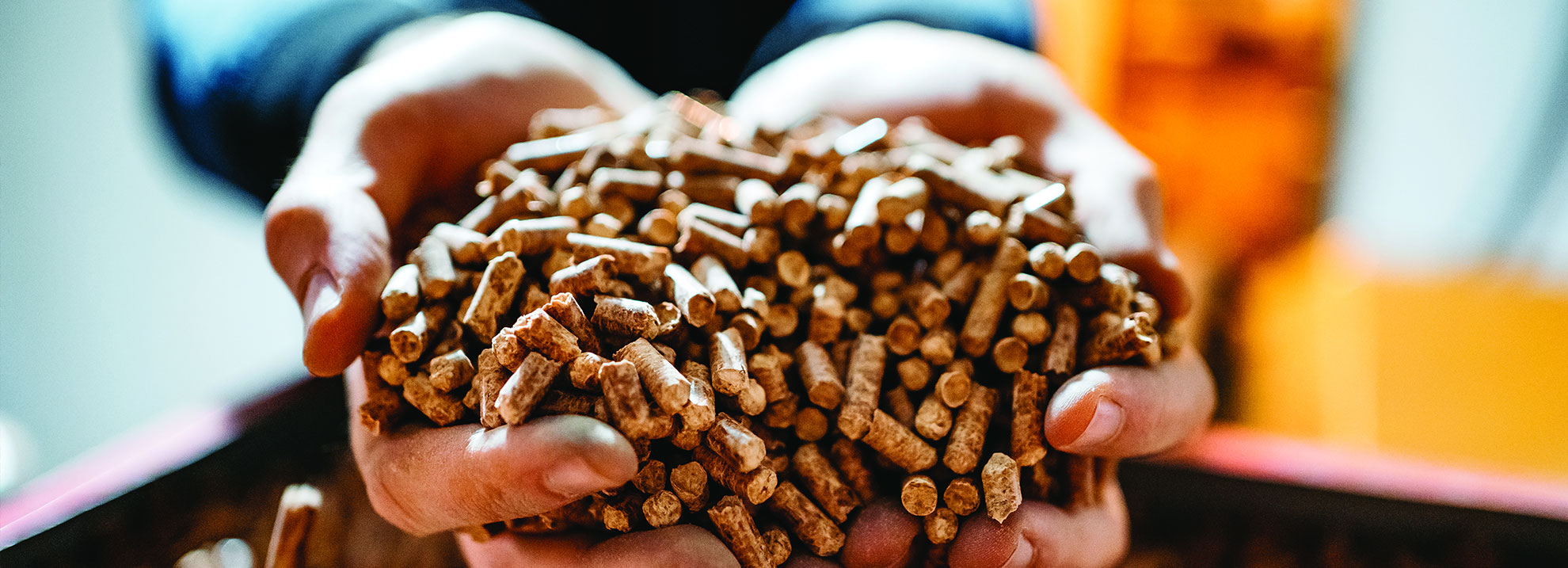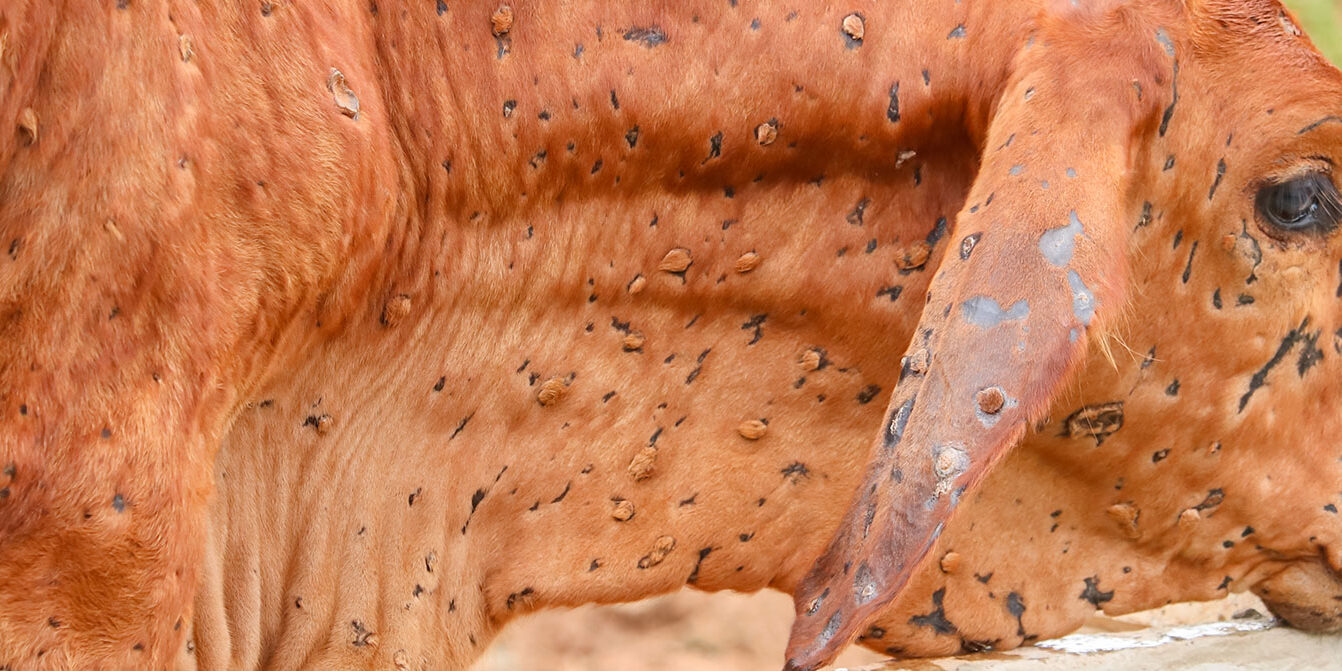In a significant collaborative effort, the Australian Government and veterinary officers are working closely with Indonesian officials to combat the spread of Lumpy Skin Disease (LSD). Geographically, this is a complex issue due to the vast expanse of Indonesia, comprising hundreds of islands, many of which are remote and challenging to access.
Lumpy Skin Disease, which was first reported in Indonesia in March 2022, has been a cause of concern for both countries. The Indonesian government has taken proactive measures by vaccinating livestock against the disease. Australia has played a pivotal role in this effort by donating over 900,000 vaccine doses, with an additional 500,000 expected this year.
Lumpy Skin Disease is not limited to Indonesia; it has been reported in more than 50 countries worldwide, including Russia, China, Malaysia, Singapore, and Kenya.
There has been some tension between Australian livestock producers and the Indonesian government regarding LSD. In July, Indonesian authorities claimed to detect LSD in 13 exported Australian cattle, leading to the ban on four facilities from exporting to Indonesia. The Department of Agriculture, Fisheries and Forestry confirmed that seven registered establishments across northern Australia had restrictions imposed.
Recently the Department informed industry partners that it had reached an agreement with Indonesian Agriculture and Quarantine Agency (IAQA) that it will lift its suspensions and restrictions on live cattle and buffalo exports from the registered establishments under agreed conditions.
Australia’s Acting Chief Veterinary Officer, Dr Beth Cookson, stated in early September the disease has never been detected in Australia.
Lumpy Skin Disease is an acute to chronic, highly infectious, generalised skin disease that affects cattle and water buffalo. The disease is caused by a poxvirus and is primarily transmitted through arthropods, including biting insects and ticks.
The collaboration between Australia and Indonesia in addressing these diseases highlights the importance of international cooperation in protecting livestock and preventing the spread of diseases that can have severe economic and agricultural consequences.
Both nations continue to work together to combat LSD, emphasising the significance of diplomacy and science in addressing complex agricultural issues across borders.




